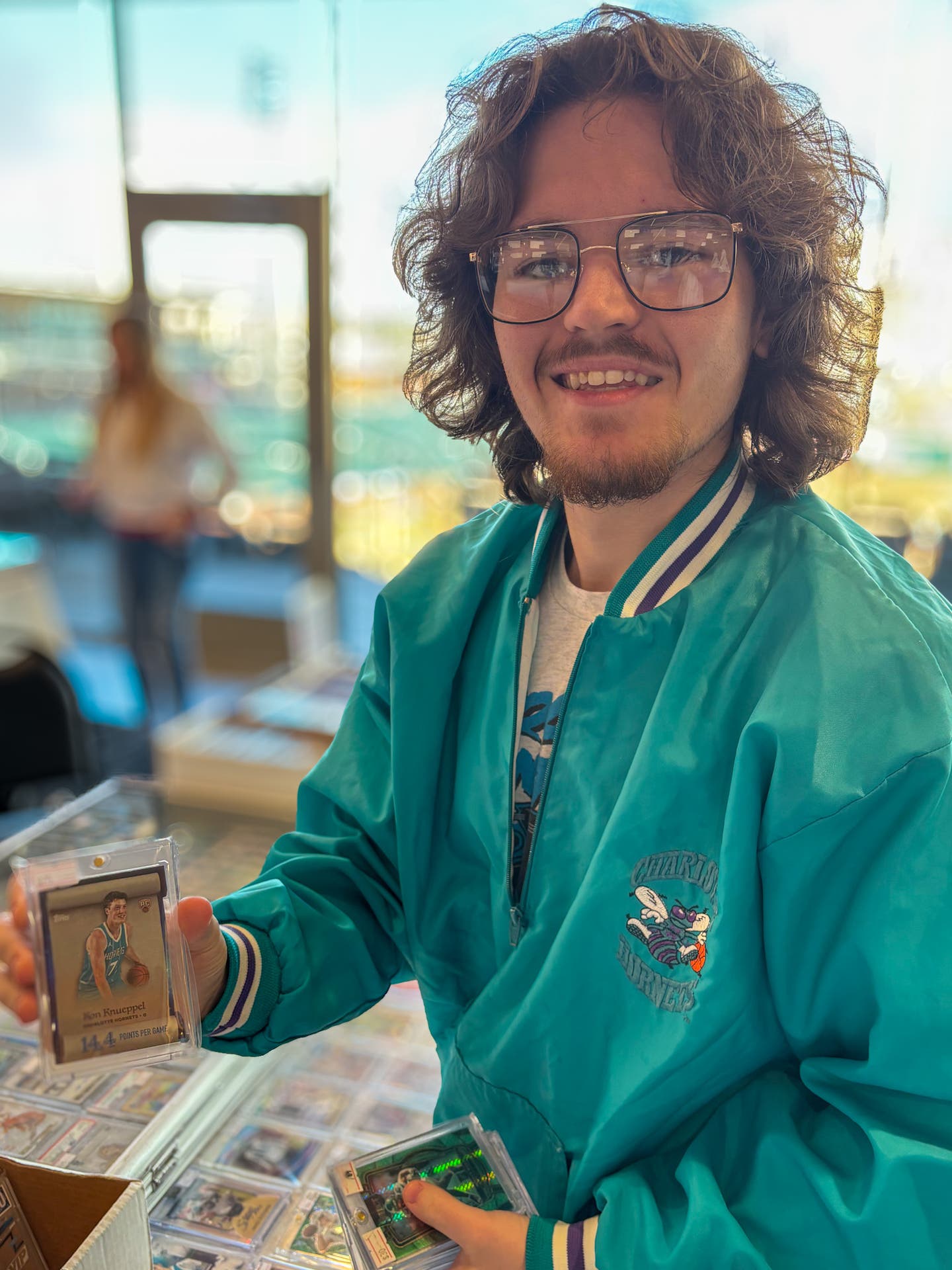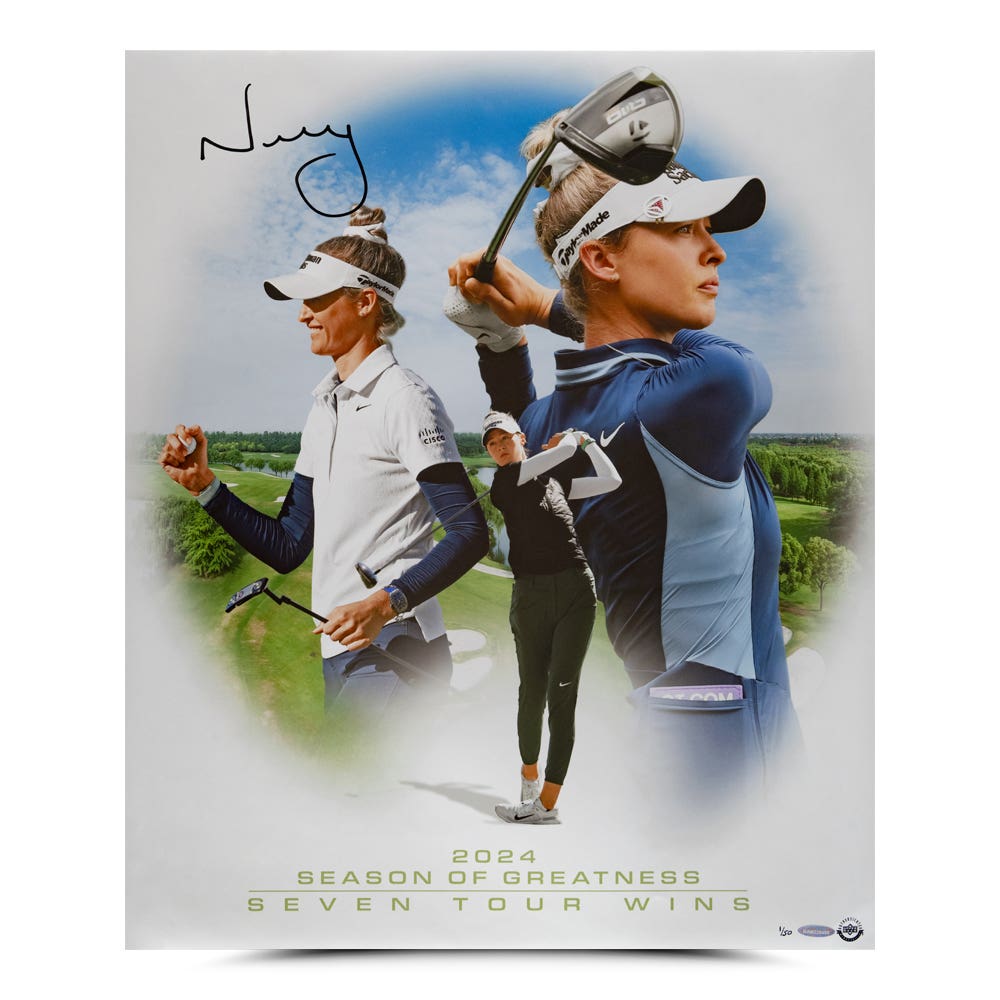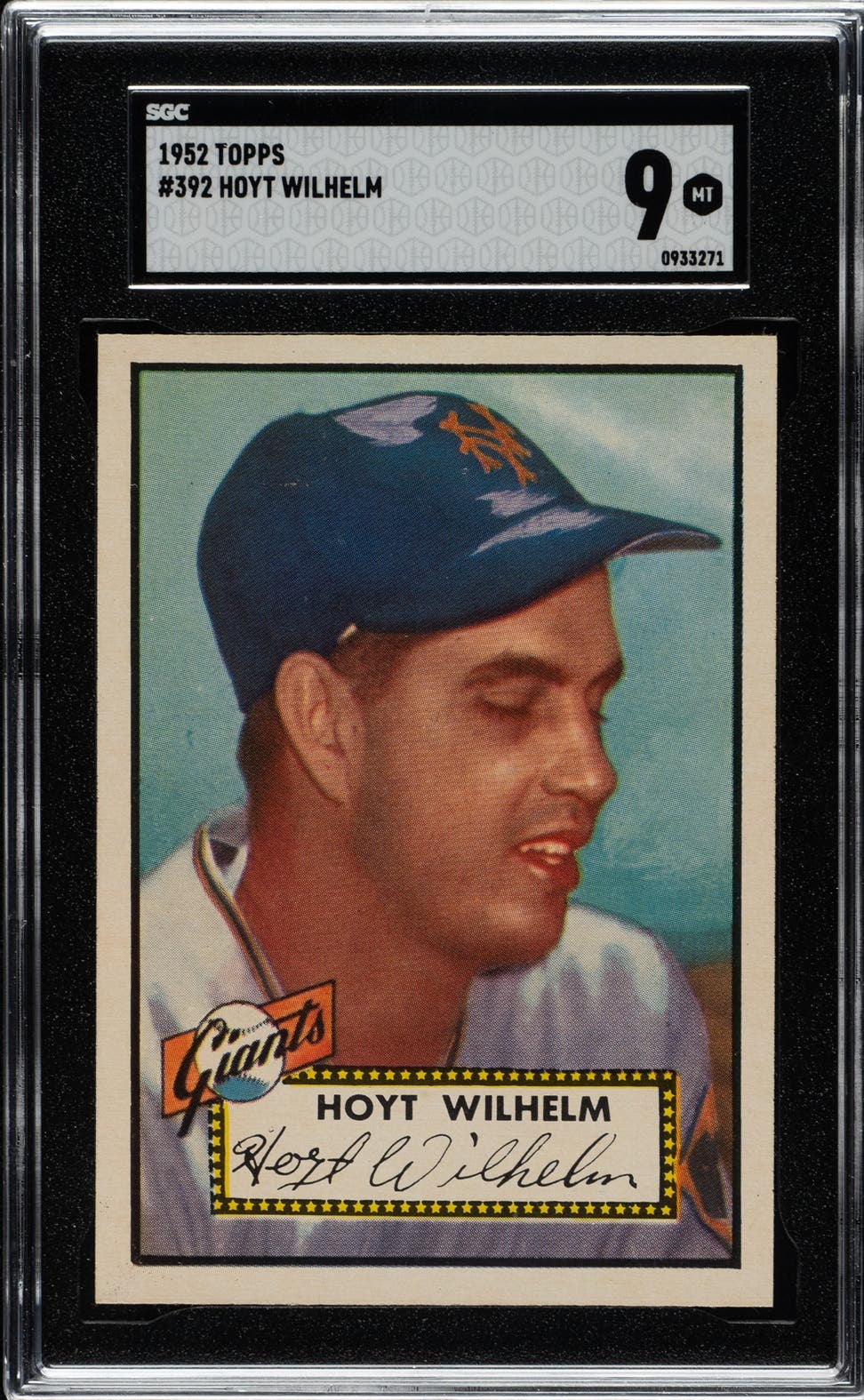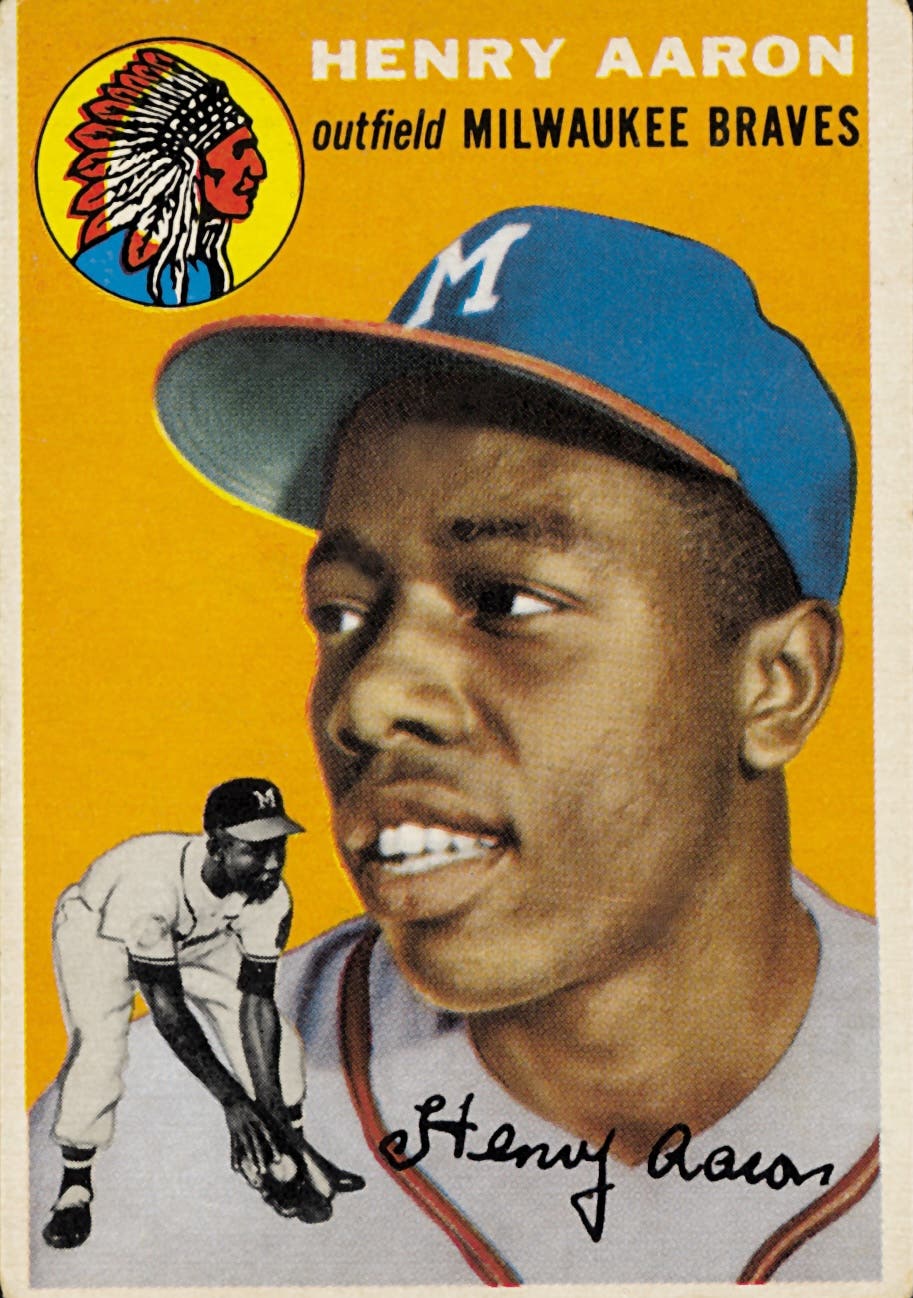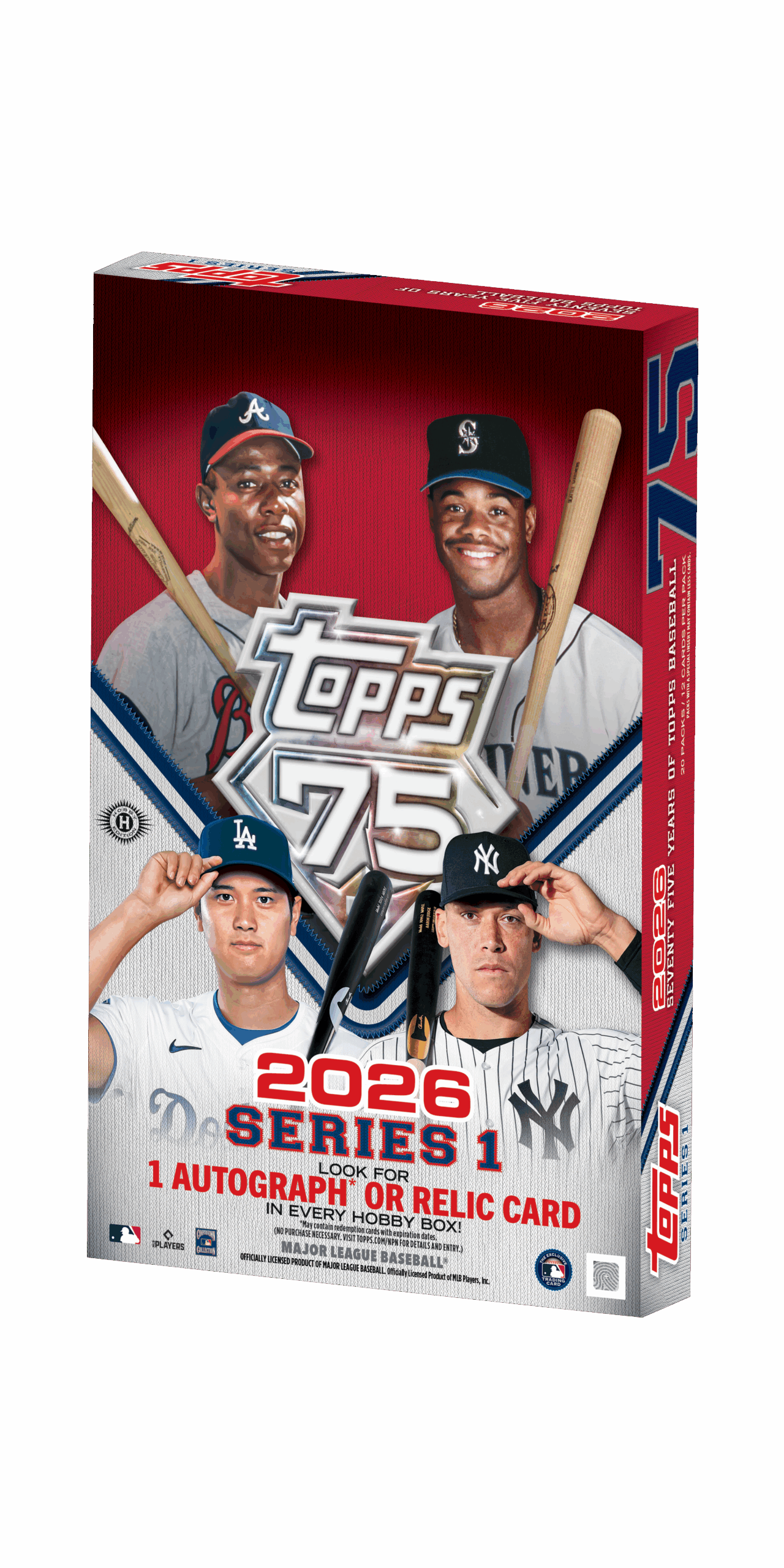News
The Ultimate Winner: Bill Russell
Sports Collectors Digest’s Hobby Royalty Series continues with a look at NBA Hall of Famer Bill Russell. Appearing in the May 15 issue of SCD will be legendary Dodgers left-hander Sandy Koufax.
Sometime in the 1960s, Bill Russell stopped signing autographs. It may have been just after he signed in the Schaefer Beer Pavilion at the 1964 World’s Fair. My father got him to sign a cocktail napkin, which presumably was all my father had handy for the occasion. Hell, it may have been my father who turned him against the whole process, though I doubt it, and it’s been pretty well documented that Russell’s once-famous reluctance to sign had impeccable – almost unassailable – philosophical underpinnings.
Anyway, the napkin in question was given to me as a present, but while I revered Bill Russell at the time, I wasn’t all that concerned about autographs, and the famous cocktail napkin didn’t survive much past the end of the decade.
Russell, who regarded the autographing process as totally and completely impersonal, might have understood how a 14-year-old fan might have so ardently admired the player while at the same time displaying a stunning ambivalence about the signature. “It created an illusion of contact, where someone could say, ‘I was something to Bill Russell, and here’s proof,’ when I never even got a chance to say hello to that person.”
OK, I’ll concede that’s my fault. I could have been tagging along with my dad, but opted instead to stay next door at the newly opened Shea Stadium as my Mets tangled with Sandy Koufax and the Dodgers in a doubleheader.
When we were kids, Wilt Chamberlain and Bill Russell were in their heyday, but they occupied markedly different planes in the rough-and-tumble world of the nascent NBA. By the time I reached my 12th birthday, Chamberlain had averaged 50 points in a season; Russell probably one-third of that giddy number, but somehow or other we held the latter in higher regard. No doubt aided by a press corps that probably held Chamberlain to an unreachable standard, the public perhaps unfairly dismissed much of the dizzying statistical anomalies produced by Wilt. With Russell, it required little in the way of nuance or discernment: the Celtics won every year.
* * * * *
Rich Altman is one of a handful of people who get summoned by the legendary Hall of Famer from time to time. In this instance it was a call a couple of years ago, with Russell telling his friend that he had just been a guest at a Michael Jordan basketball camp in Las Vegas. “I think I’d be interested in doing that,” Russell told Altman, his friend and exclusive supplier of Russell-signed memorabilia for nearly a dozen years.
Russell forged a mythic figure in the hobby to match his staggering basketball credentials, and boasts a unique status as one of the most coveted autographs in professional sports. This from a man who defied convention for decades by declining to sign autographs that an adoring public might have felt were an entitlement.
Into this arena came Altman, a well-known hobby dealer who over the last two decades expanded even more broadly to include representing top athletes for autograph signings and memorabilia, and even into the area of show promotion.
Eleven years ago, Altman inked a three-year deal as the Hall of Famer’s autograph agent; the last eight years the same deal has been in place, but now with a handshake.
If that sounds like a throwaway line, it shouldn’t. Fans of the legendary Celtic understand the significance that a handshake, or a word of honor, might hold for the man once regarded as frosty and aloof.
Contrast that perception with a jovial and friendly Russell from his most-recent public autograph session a couple of years ago in Kansas City. With his high-pitched, infectious laugh that is almost as instantly recognizable as the man himself, and a genuine endearing manner with small children, and you realize that broad generalizations probably don’t work when dealing with someone as complex as Bill Russell.
Ultimately, Altman insists, it’s the regard that so many of his contemporaries and even legions of modern superstars hold for Russell that accords him a singular status among the ranks of sports icons.
Altman recalls a time when Joe Montana approached him several years ago to ask meekly about the possibility of meeting Russell. “It gives me a feel for the magnitude of what Bill means to all these great athletes,” Altman continued. “I am never surprised about all the heartwarming stories I hear about him.”
Over the years, Russell has quietly helped any number of players, like Magic Johnson or Julius Erving, from his time at the University of Massachusetts, a penchant that matched with the almost universal esteem his fellow players hold him in has meant no hesitation on those rare occasions when Russell asks for something.
Thus, when Altman sent out invitations to a veritable galaxy of stars for Russell’s October 2007 fantasy camp: Jerry West, Kareem Abdul-Jabbar, Magic, Charles Barkley, Dr. J, Sam Jones and Clyde Drexler, to name a few, the response was unequivocal. “When Bill called, they came,” said Altman. “They came out of love and respect for him.”
It is that quality of loyalty that so permeates the great teams of any generation and so is of such extraordinary importance to Russell, the ultimate team player. Altman tells the story of a time during the Celtics’ fabled championship run when the team was slated to play an exhibition game in Lexington, Ky.
Russell and teammates Sam Jones, K.C. Jones and Satch Sanders found themselves unable to get a seat in the dining room of the Lexington hotel where the team was staying. Blacks being denied service at a swanky (or even non-swanky) dining room in the South was hardly out of the ordinary in the mid-1960s, but this time they picked on the wrong foursome.
All four were at Red Auerbach’s door a few moments later. The Hall of Fame coach, in boxer shorts, asked what they wanted. “We don’t want to play,” Russell stated. Once they explained the circumstances, Auerbach didn’t hesitate in putting his stars on a plane back for Boston. “That night the World Champion White Celtics played that exhibition game, and the hotel got blasted in the mainstream press,” Altman noted.
And it wasn’t just the Deep South where the team would collide with the insidious prejudices of the period. Auerbach ran a basketball clinic in the Catskills and Sam Jones was playfully chasing a youngster around the parking lot, and ultimately walked over the kid’s family waiting by their vehicle. “Sam shook hands with several family members, and then when he went to shake the boy’s grandfather’s hand, the man refused.”
Altman cherishes the rest of the story. “Without missing a beat, Sam turned to the little boy and said, ‘We’re OK,’ and gave him a little hug.”
Forty years later, Altman got an e-mail from the young boy, now a middle-aged man, who pointed out how the moment had changed his life. With that bold, selfless stroke a half-century earlier, the chains of generations of prejudice were broken forever. Altman took great joy in forwarding the e-mail to his two favorite clients, Russell and Jones.
“That’s what it’s all about,” said Altman.
(Editor’s note: Russell, still one of the toughest autographs in the hobby despite relenting a bit on his three-decade no-autograph stance, will be among the signers at the July 16-19 FansEdge Sports Spectacular Show in Chicago.)



